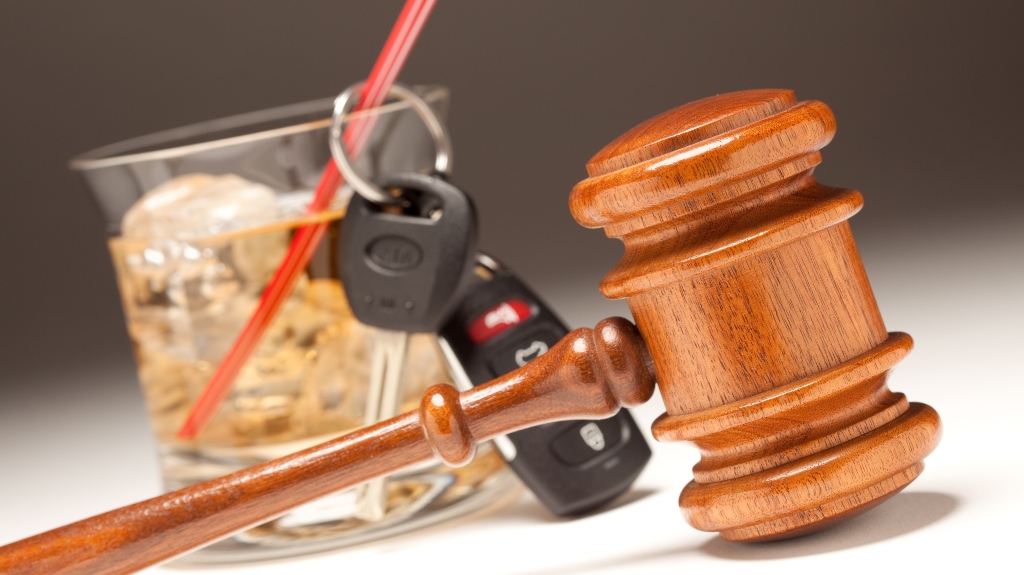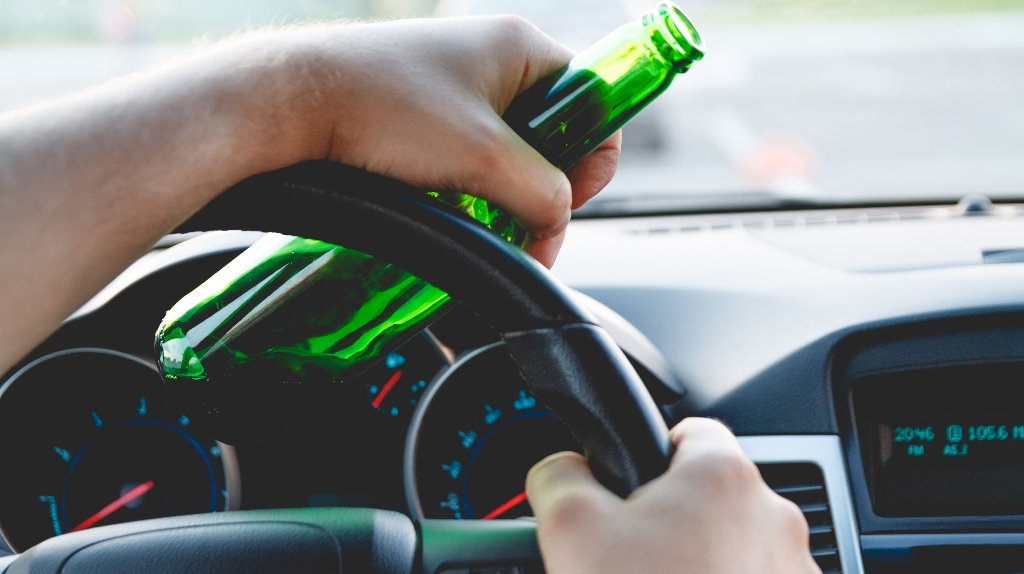LEAVING THE SCENE OF AN ACCIDENT
Defending Against a Leaving the Scene Charge
In Massachusetts, every person involved in a motor vehicle collision is required to stop and provide identifying information. Leaving the scene of an accident without doing so — also referred to as a “hit and run” — is a criminal violation. This is true even if you were not the cause of the accident. The charge carries potentially serious criminal consequences as well as implications for your driving privileges if you are convicted.
Drivers sometimes leave the scene because they may be unaware that they were involved in an accident. Other times drivers do so because there is an issue with their driver’s license, such as a suspension, or an issue with the vehicle’s registration, insurance, or inspection. Drivers who are in an accident may also leave the scene because they have been drinking and panic. We understand that being involved in an accident is frightening, especially if you are nervous about getting into trouble. If you’ve been charged with leaving the scene, especially if the charge accompanies an OUI, it is imperative that you have an experienced attorney evaluate all the facts and circumstances of your case in order to provide you with the best defense possible.
Types of Leaving the Scene Offenses
Under Massachusetts law, there are three offenses related to leaving the scene. These include:
- Leaving the scene of an accident that caused property damage
- Leaving the scene of an accident that caused personal injury not resulting in death
- Leaving the scene of an accident that caused death
In order to convict you of a leaving the scene offense, the prosecution must prove several elements beyond a reasonable doubt. These elements are similar for all three types, with some minor exceptions. Remember, it is not necessary that you were the cause of the accident for you to be charged with a leaving the scene offense. Commonwealth v. Robbins, 414 Mass. 444 (1993). The penalties for a leaving the scene conviction vary significantly based on the circumstances and type of offense. These cases are highly defensible, and it is typically difficult for a prosecutor to prove that you were the operator of the vehicle at the time of the offense. The attorneys at The Bernard Defense Team have the experience and knowledge to thoroughly evaluate your case in order to obtain the best outcome possible.
Leaving The Scene Of An Accident That Caused Property Damage
Leaving the scene of an accident resulting in property damage is a misdemeanor and is the most minor of the three offense types. You do not necessarily have to collide with another moving vehicle to be charged with this offense. The collision could involve a parked car, telephone pole, sign, a mailbox, or other property, if you leave the scene without reporting the collision. If no one else is present at the scene, you have five days to report the collision to the police and the Registry of Motor Vehicles (RMV)or you will face a leaving the scene charge. G.L. c. 90, § 26.
To convict you, the prosecution must prove beyond a reasonable doubt that you:
- Operated a motor vehicle;
- Collided another vehicle or property and caused damage;
- Knew you had collided with another’s property or otherwise caused damage to property; and
- After the collision you did not stop and make known your name, home address, and the registration number of the motor vehicle.
Unlike cases involving personal injury or death, it is not required that you operated your vehicle on a public way to be charged with leaving the scene causing property damage. Commonwealth v. LeBlanc, 475 Mass. 820, 824 (2016). This means that if you hit a vehicle or other property while on personal property you could still be charged with the offense. However, the government must provide proof of the damage caused by the collision in order to obtain a conviction.
In many instances, if you left the scene of an accident you will receive a citation in the mail. This entitles you to a Magistrate’s Hearing. At the Magistrate’s Hearing, you have a right to be represented by an attorney. During the hearing, the clerk-magistrate will first hear evidence from the police officer as to their allegations of probable cause. Then you or your attorney will be provided an opportunity to present your case as to why no criminal charges should be issued. Often these types of cases can be resolved during this stage.
Under G.L. c. 90 §, 24(2)(a), the penalties for this leaving the scene conviction include:
- Fines ranging from not less than $20 but not more than $200; or
- Mandatory minimum of two weeks but not more than 2 years in the house of corrections;
- Or both.
Additionally, if you are convicted of leaving the scene causing property damage, the RMV will revoke your license for 60 days for a first offense, or one year for a subsequent offense. Revocation is mandatory unless the court recommends otherwise.
The statute provides the possibility for an alternative disposition, known as a continuance without a finding, or CWOF, for leaving the scene of an accident causing property damage. If you are able to obtain a CWOF, you will not face any license suspension for the charge. You need a skilled defense attorney from the Bernard Defense Team on your side to help defeat your charges or obtain this more favorable outcome.
Leaving The Scene Of An Accident That Caused Personal Injury
Leaving the scene of an accident that caused personal injury not resulting in death is also a misdemeanor offense. To be convicted, the government must prove that you:
- Operated a motor vehicle;
- On a public way;
- Collided another vehicle or otherwise caused injury any person;
- Knew you had collided with or otherwise caused injury to any person; and
- After the collision you did not stop and make known your name, home address, and the registration number of the motor vehicle.
The Law Offices of Joseph D. Bernard care about the future of their clients. The professionals at the firm understand your situation and will fight for the best outcome for you to get on with your life.
In order to obtain a conviction, the prosecution bears the burden of proving that you knew you collided with a person as opposed to an object. It is not sufficient to simply show that you were aware you hit something. Additionally, the fourth element requires that you knew not only that you collided with a person but also that you knew the collision caused injury. Commonwealth v. Daley, 463 Mass. 620 (2012). Demonstrating what some knew beyond a reasonable doubt is a difficult task, and there are many potential defenses to these elements.
G.L. c.90 § 24(2)(a1/2)(1) provides the following penalties for this leaving the scene offense:
- Fines of $500-$5,000; or
- Mandatory minimum of six months to two years in the house of corrections;
- Or both.
Additionally, if you are convicted of leaving the scene causing injury, the RMV will revoke your license for a mandatory one year days first offense, or two years for a subsequent offense.
Leaving The Scene Of An Accident That Caused Death
Leaving the scene of an accident that resulted in the death of a person is the most serious type of leaving the scene offense. If you caused an OUI accident that killed another person, which is known as manslaughter by motor vehicle under Melanie’s Law, and fled the scene to evade arrest, you could be charged with a felony. The elements of this offense type are similar to those for accidents involving injury:
- Operated a motor vehicle;
- On a public way;
- Collided another with or otherwise caused injury that resulted in the death of any person;
- Knew you had collided with or otherwise caused injury resulting in the death of any person; and
- After the collision you did not stop and make known your name, home address, and the registration number of the motor vehicle.
These elements carry a high burden for the prosecution. Again, the fourth element requires that you knew that you collided with a person, as opposed to some form of property. Commonwealth v. Daley, 463 Mass. 620 (2012). The prosecution also has the added burden in these cases of proving that you left the scene with the purpose of evading arrest. In some situations, it may be necessary for you to leave the scene to call the police or emergency services, however, the law requires that this is done immediately and only after stopping and attempting to provide information on the scene. Commonwealth v. Donahue, 41 Mass. App. Ct. 91, 94 (1996). Due to the serious nature of the offense and the potential criminal penalties, it is critical that you have an experienced attorney to evaluate all of the facts in your case to identify the best possible defenses and challenges to your charges.
If you are convicted of leaving the scene of an accident that resulted in a death, G.L. c.90 § 24(2)(a1/2)(2) allows for the following penalties to be imposed against you:
- Fines ranging from not less than $1,000 to $5,000;
- Two and a half years to ten years in state prison or one year up to two and one half years in jail;
- Or both.
A conviction will also require the RMV to suspend your license for 3 years for a first offense, and for 10 years for a subsequent offense.
Lawyers to Defend Your Leaving the Scene Charge
The attorneys at the Bernard Defense Team understand the fear and distress that may have caused you to leave the scene of an accident. Leaving the scene of an accident is a serious offense with severe consequences for both your freedom and your driving privileges. You must be confident that your legal counsel has the experience and skills needed to advocate for you before the court. Enlist the advocacy of a strong defense today.



